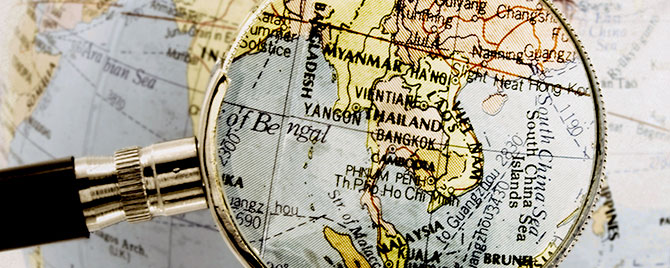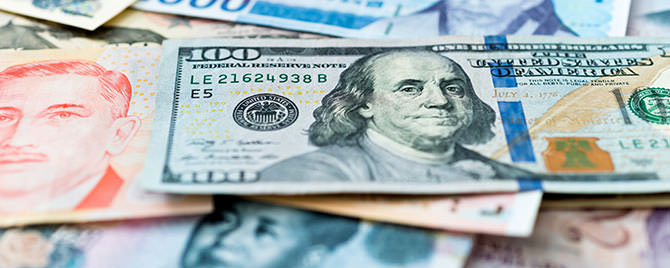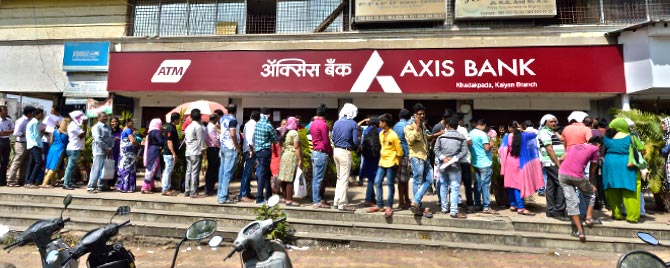Data and Indicators
-

5 Fun Football Cash Facts
How much cash does it take to cover a football field? How many notes can the Fed process during a 30-second commercial? We have the answers to these questions and a few more to help you get warmed up for the big game.
-

Auditing the Auditors in Asia
Even the best financial regulation can be undone by faulty or inaccurate financial reporting. Accounting regulatory regimes, which include auditor oversight, are critical in ensuring that the plumbing of the financial system works and ultimately the stability of the economy.
-

Connecting China’s Stock Markets to the World
Over the past several years, several small but important channels have opened to allow capital to flow between China and global capital markets. The newest of these is the Shenzhen-Hong Kong Stock Connect program, which has the potential to serve as important financial gateway for both institutional and individual investors.
-

Top 5 Economic Letters of 2016
Which economic issues got people talking in 2016? From wages to a low natural real rate of interest, check out the most viewed and shared SF Fed Economic Letters published since our 2015 roundup.
-

SF Fed’s Williams: Long-Run U.S. Economic Health a Global Issue
The expected normalization of interest rates reflects a healthy U.S. economy. But this is occurring in an environment of persistently low global interest rates. SF Fed President John C. Williams, in a recent interview with The New York Times, recognized that what happens abroad can influence the domestic outlook and monetary policy.
-

Korean Shipping Industry Sinks as Exports Lag
Korea’s Hanjin Shipping entered receivership in August 2016 after creditors refused it much-needed support. Hanjin is the most prominent casualty of the recent global shipping downturn. Yet, woes in the industry are not specific to Korea: three Japanese shippers have merged, and Taiwan announced a $1.9 billion bailout for its shipping industry since Hanjin’s episode. Korea and other export-oriented Asian economies will remain vulnerable to persistent shipping weakness as global trade and China’s slowdown persist.
-

India’s Demonetization: The Long Road to a Cashless Future
The chaotic aftermath of India’s recent demonetization shows how crucial cash remains to daily life in developing countries. The disruption also exposed the technological barriers to the transition to a less cash-dependent economy. As the Indian government announces further incentives for cashless payments, the demonetization shock may also jumpstart existing policy efforts to develop a more digital economy.
-

‘Tis the Season for Cash
When it comes to consumer spending, there’s no time like the holidays. So, Federal Reserve Banks across the country are busy ensuring that commercial banks have a sufficient supply of cash to meet consumer demand during the biggest shopping time of year.
-

Chinese Banks are Writing Off More Loans and That is a Good Thing
In recent years, Chinese banks have become more aggressive in writing off their nonperforming loans as a way to address their asset quality issues. The acceleration in loan write-offs by Chinese banks was made possible by the relaxation of tax rules and is a step in the right direction for banking reform.
-

Why Asian Banks are Well Positioned for Basel III
A San Francisco Fed review indicates the Asia-Pacific’s 75 major banks are well positioned to meet Basel III minimum standards for implementation in 2019. The strong position of Asian banks can be attributed to the build-up of capital and liquidity buffers after the Asian Financial Crisis of 1997-8, as well as less reliance on leverage and hybrid capital instruments than their western counterparts. The end result is both higher levels and quality of capital.